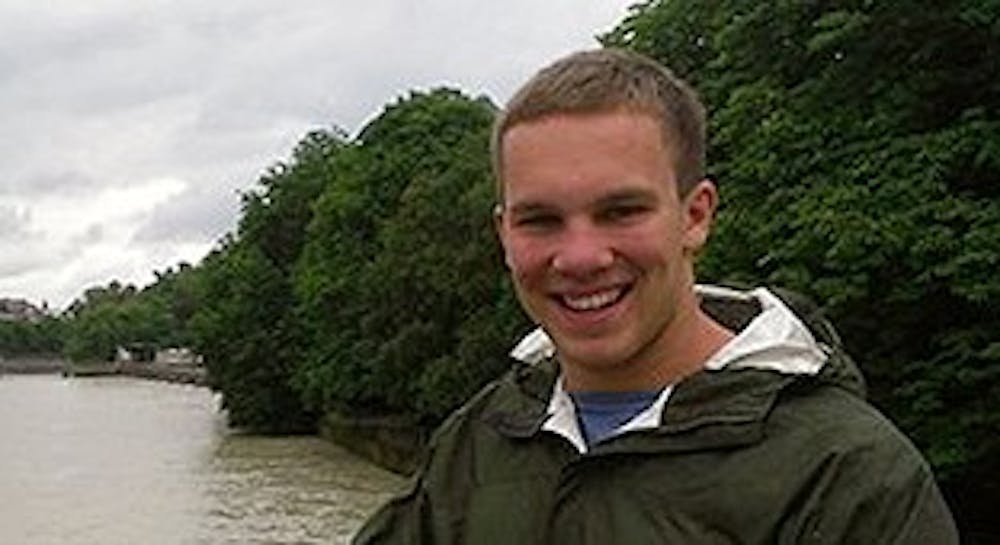In September, I wrote a column on the dangers of allowing the growth of the surveillance state in America to proceed unchecked.
President Barack Obama clearly reads my columns, because on Jan. 17, he delivered a speech on this topic, proposing reforms designed to “protect ourselves and sustain our leadership across the world while upholding the civil liberties and privacy protections our ideals and our constitution require.”
This is surely an admirable goal, and I have to sympathize with the president’s predicament. If there is another terrorist attack, he will be blamed for doing too little, and if there isn’t, he will continue to take flack from civil liberties advocates for doing too much.
But just because it is a hard decision does not excuse President Obama from making it — he is the nation’s chief executive, this is his job. And just because the balance between liberty and security is hard to strike does not mean that the government can continue violating our essential rights for a moment longer.
Benjamin Franklin put it best when he said, “Those who sacrifice liberty for security deserve neither.” If we sacrifice the freedoms that comprise our very integrity as a republic, then our security is already irrelevant.
On a more practical level, it is not clear that the National Security Agency programs are making us any more secure. The bipartisan Privacy and Civil Liberties Oversight Board, an advisory panel created by Congress, said last week that, “We have not identified a single instance involving a threat to the United States in which the program made a concrete difference in the outcome of a counterterrorism investigation.”
So the programs are infringing on our liberties, but aren’t keeping us safer, at least according to a bipartisan body with considerable expertise. Clearly they need to be curtailed, so what is President Obama proposing to do about it?
To President Obama’s credit, he did propose several reforms that are steps in the right direction, such as the inclusion of outside arguments against the government’s case before the Foreign Intelligence Surveillance Court that reviews requests for information from the program.
However, on the biggest question — what to do with the program — Obama was unclear. He expressed desire to end the collection of metadata and transition the database out of government control, but offered no specific means to do so.



